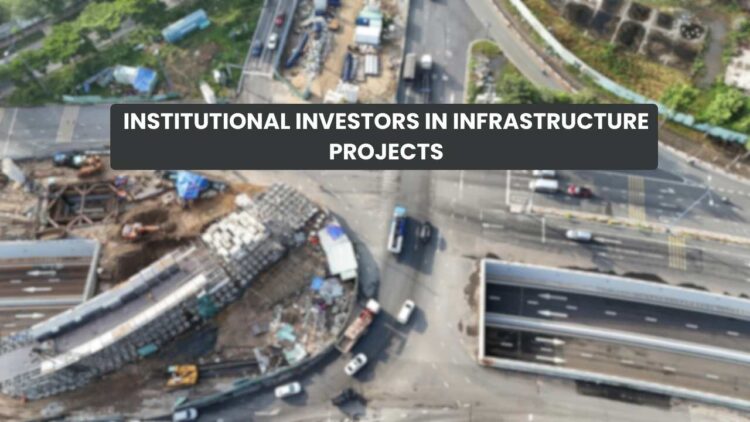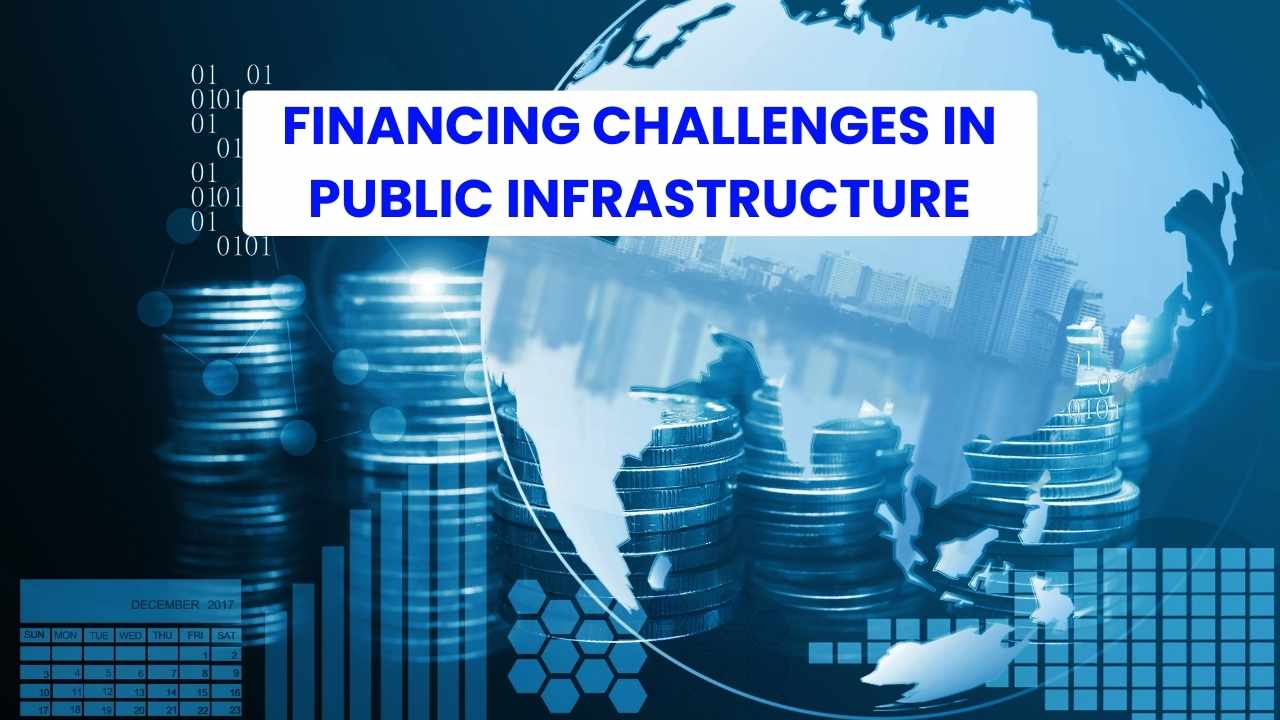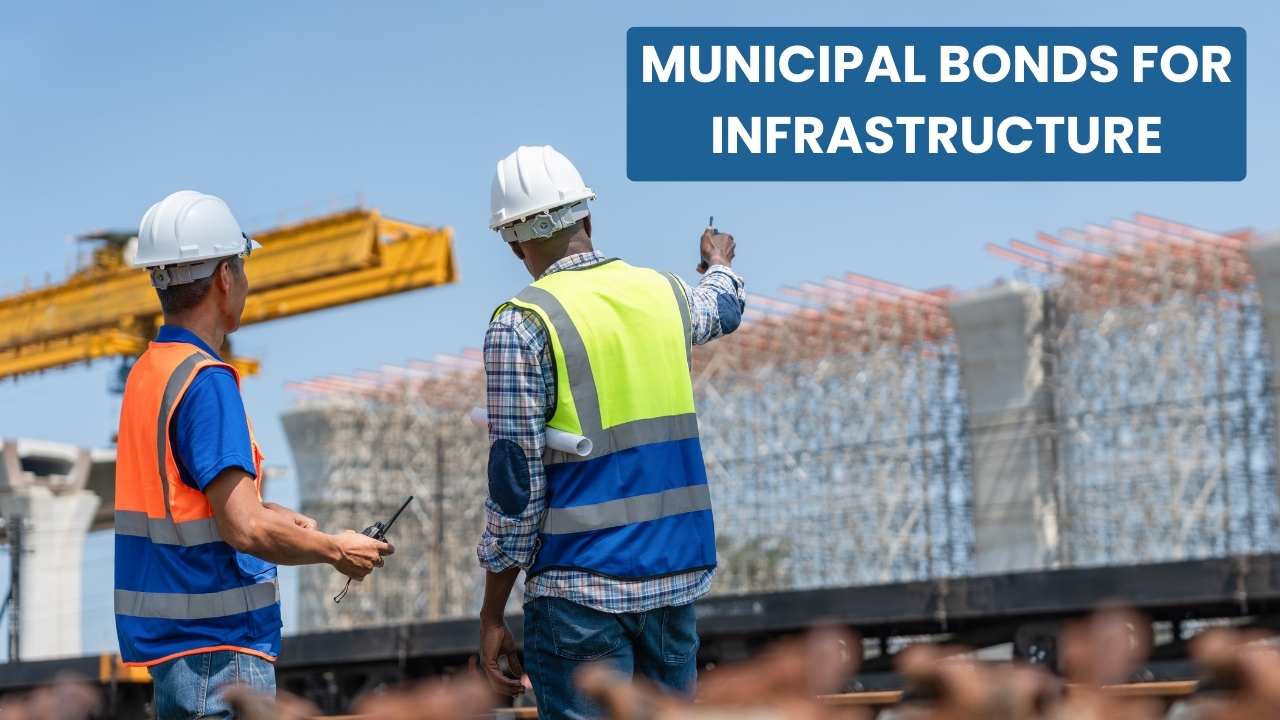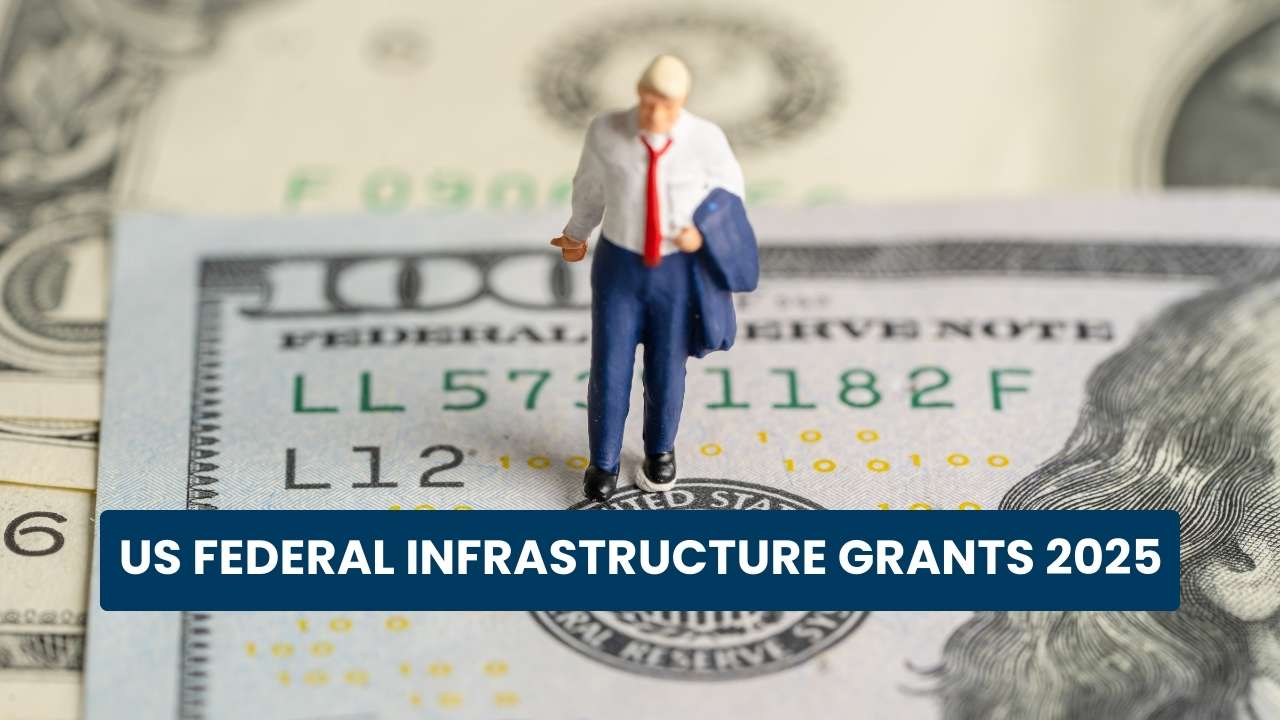Institutional investors are emerging as an alternative source of financing from the private sector for infrastructure development. Policymakers have identified the importance of private finance as the source of infrastructure funding. Let’s understand the role of institutional investors in the infrastructure.
Institutional Investors in Infrastructure Projects
The infrastructure sector is lacking funds, which leads the government or policymakers to look for innovative solutions. Global reports suggest that in the next decade, the infrastructure sector will face a more than $15 trillion investment gap.
The private sector funding has a lot of potential for infrastructure funding, and institutional investors are gaining attention. The institutional investors, such as insurance companies, pension funds, and sovereign wealth funds, provide the long-term capital needed for the large-scale infrastructure projects.
Institutional investors are not just funders; they focus on the infrastructure priorities and ensure everything is followed, including ESG mandates, innovation, and others. You can understand the demand for institutional investors in the infrastructure through the following points:
- Infrastructure is the new asset class that offers a long-lasting, low-sensitivity business cycle, equity market, and inflation-linked cash flows, which allows investors to believe infrastructure is the best fit for their long-term liabilities.
- The direct investment in the infrastructure projects offers competitive returns to the investors and high returns.
- Policymakers are backing institutional investments since a portion of infrastructure revenue is impacted by inflation. Additionally, regulators view infrastructure as more advantageous compared to private assets.
- The institutional investors are also seeing the infrastructure projects as a great investment tool, as it aligns with long-term goals, diversifies the portfolio, and provides a steady return linked to inflation.
Understanding the Institutional Investor Types
To understand the institutional investor role in infrastructure development, you must understand the types of institutional investors, such as:
- Pension Funds:
- The pension funds market is going well, with a record of $58.5 trillion in 2024, particularly in the US and Australia.
- Pension funds are the largest part of institutional investors, where the retirement plan money invested by the employees for their retirement is invested through defined benefit and defined contribution schemes.
- The investment is made to benefit the employees in the future and let them have enough returns when they retire.
- Insurance Companies:
- Insurance companies are an important part of the institutional investor community, where they invest the money collected through the premiums paid for insurance to fund claims and profit in the future.
- Usually, the insurance companies invest in low-risk investments to ensure the return, and now infrastructure projects are also becoming an option for the insurance companies.
- Sovereign Wealth Funds:
- SWFs are state-owned funds that mainly invest in real estate and financial assets, like bonds, stocks, or others.
- The SWFs provide capital to the infrastructure projects as they seek potential investment returns.
Apart from these, we have private institutional investors, foundations that invest in the project with a mind to achieve their goals, such as social and economic gains, high returns, economic stability, or others.
What are the investment options for institutional investors to invest in infrastructure?
The institutional investors use a range of strategies to invest in infrastructure development, such as:
- Direct investment:
- Institutional investors can directly invest in the infrastructure projects through an equity financing approach or through joint ventures.
- This way, they will have control over the infrastructure assets and share the risk & benefit of the project.
- Blended Finance:
- Institutional investors can use the innovative way of financing blended finance, where commercial equity and concessional capital are combined.
- PPPs:
- The public-private partnerships are also a great way for institutional investors to get great returns while investing in infrastructure projects.
- The institutional investors can invest in large-scale projects backed by the government, which increases the chance of great returns.
- Debt investment:
- The institutional investors can invest in the bonds or debt issued by the infrastructure projects, or they can invest in other debt instruments to get a stable income.
- Co-investment:
- The investors can invest in the infrastructure project with a co-investor or partners that will mitigate the risk.
What are the risks and barriers to institutional investment in infrastructure?
Now, let’s understand what risks are involved for the institutional investors in the infrastructure projects:
- Operational risks: The infrastructure projects can have operational risks due to poor management, failure, or market conditions that affect the project and investment returns.
- Market risks: Tariff changes, market prices, or fluctuations can affect the infrastructure projects and their revenue.
- Financial and interest risks: A Change in policies or the interest rate can affect the refinancing or use of funds, ultimately affecting the investment returns.
- Regulatory risks: The changing regulations in the infrastructure sector or finances can affect the project’s funding and return.
- Political risks: The government changes after a definite time; if a new government is formed, there is a chance it may bring some changes in the policies or disrupt the infrastructure investment, which could affect institutional investors.
Institutional investors are emerging as a potential investment source for the infrastructure sector, which needs long-term investment solutions. Both the investor and the infrastructure sector can seek benefits.



